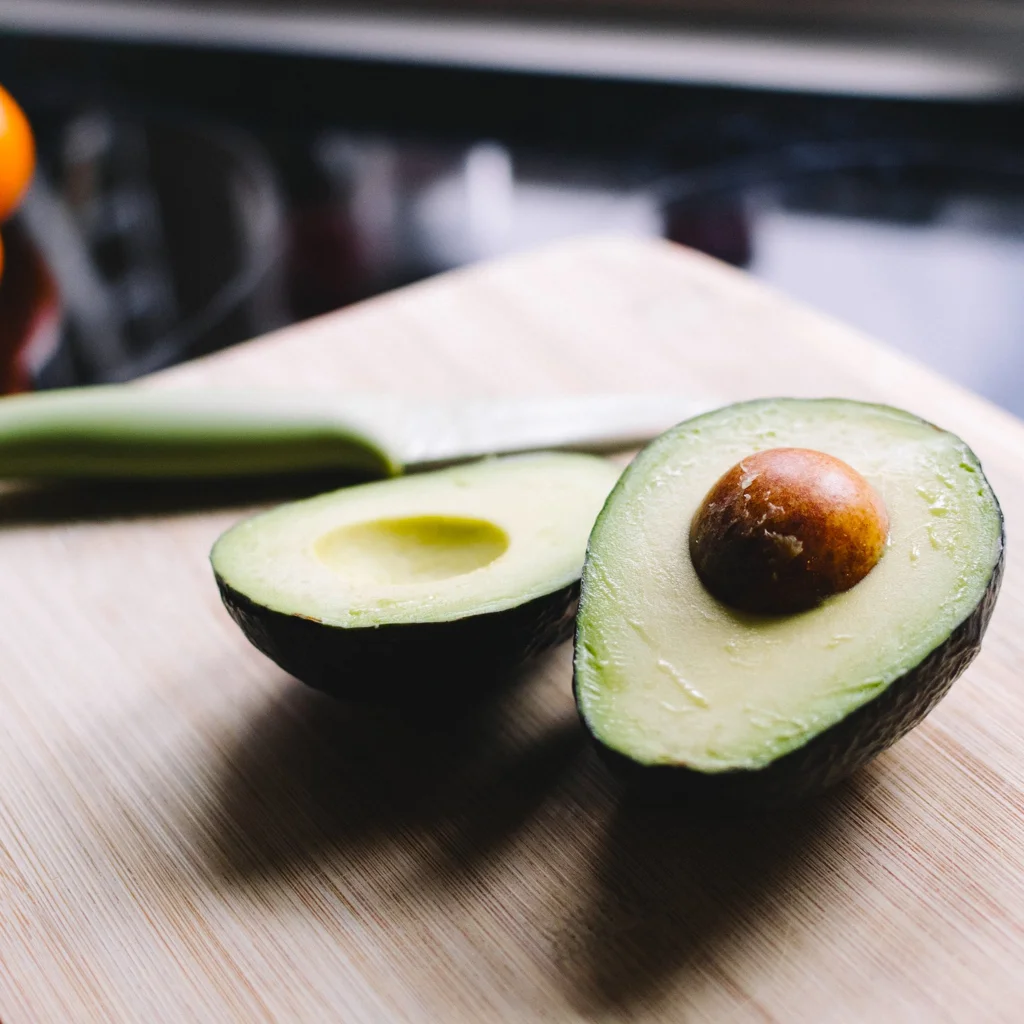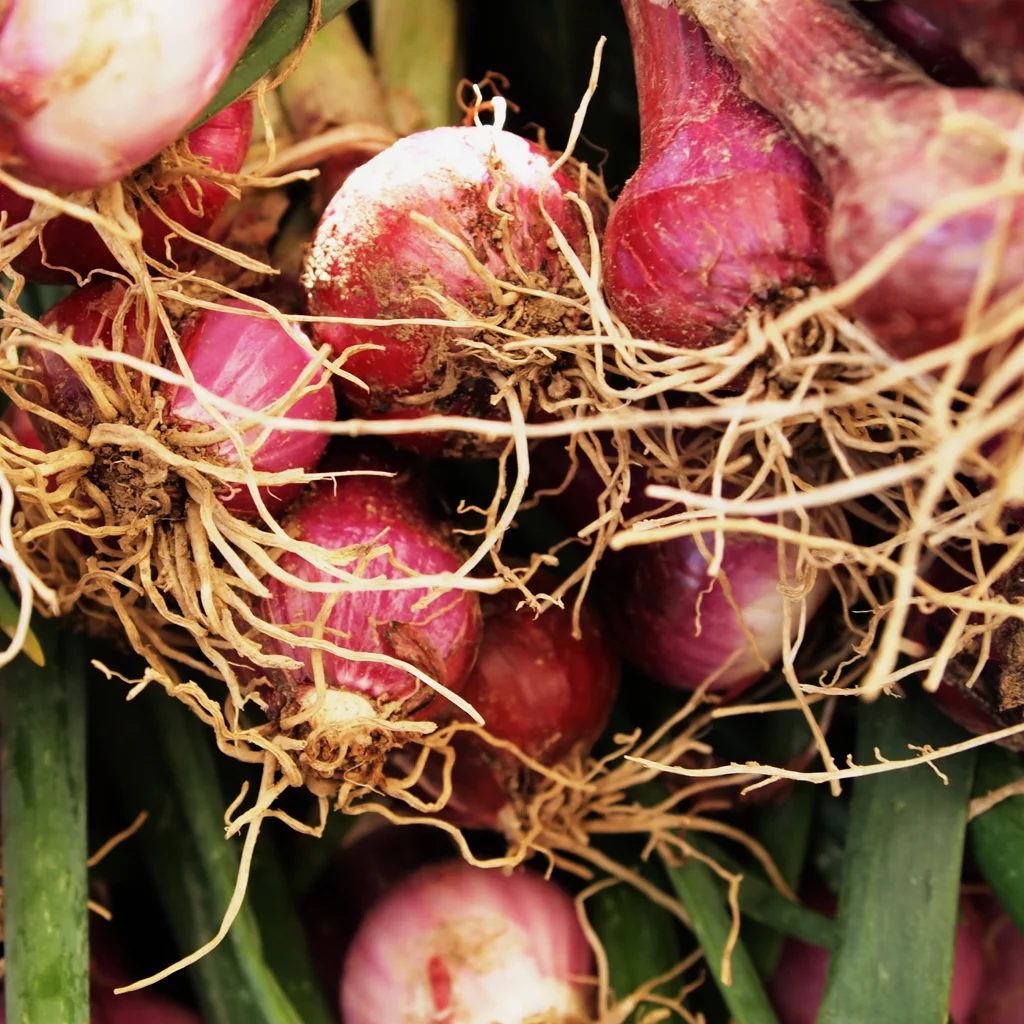Foods You Should Never Feed Your Pet Bird
Home / Gaia Toast / Foods You Should Never Feed Your Pet Bird
Plus a list of food you can share with them instead!
We all make this mistake of sharing our food with our animal companions from time to time, but this habit can have dire consequences. For birds, the key is to realise that they are a lot smaller than humans by body weight. This means any foods which has mild or negligible effect on us will impact them greatly.
1) Chocolate (Theobromine)
Theobromine is a stimulant and comes from the cacao plant. Animals don't metabolise theobromine as quickly as humans. Hence, they can easily accumulate too much theobromine in their system and be poisoned. Dark chocolate has a much higher concentration of theobromine since it has a higher cocoa content. Cocoa (powder) is basically ground cacao heated at a higher temperature. Other common foods which contain theobromine include tea, cola drinks etc.
What can happen?
Your feathery friend will suffer symptoms similar to a drug overdose. Theobromine causes
Vomiting
Diarrhoea
Seizures
Heart attacks
Liver damage
Death
Chocolates are also dangerous to dogs and cats.
2) Caffeinated Beverages
Coffee, tea and caffeinated soft drinks are huge hazards to birds. Caffeine makes humans more alert and hyperactive and has the same effect in birds, except much more powerful.
What can happen?
Hyperactivity
Seizures
Arrhythmia i.e. abnormal heart rate
Heart attacks
Many foods contain caffeine because of coffee's popularity. So watch out for foods which may seem innocuous, e.g. cakes, ice cream etc.
3) Milk & Dairy Products
We may enjoy milk and its derivatives i.e. cheeses, yoghurts etc., but birds do not have the right enzymes to digest lactose properly. Similar to people we know who are lactose-intolerant.
Dairy also spoils quickly if not refrigerated properly. This means they can harbour bacteria or fungus which can cause serious infections.
"The milk of every species of mammal is unique and specifically tailored to the requirements of that animal." - Dr Robert M. Kradjian, Surgeon
An interesting way to view milk as we know it from cows, goats etc., is that it has always been intended by nature as food from mothers to their babies. This means it consists of nutritional needs specific for its target audience's consumption. Not suitable for birds.
4) Alcohol
An obvious one on this ‘harmful foods for birds’ list but still worthy of mention. Cases of alcohol poisoning still happen in pet birds, especially those allowed to roam freely at home. So pet owners, make sure your birds are in their cage when you have alcoholic drinks lying around.
Alcohol is also not just dangerous when ingested. Household items such as disinfecting sprays and hand sanitisers also contain alcohol. These are toxic to birds when inhaled.
What can happen?
A tiny amount of alcohol is enough to cause
Organ deterioration
Death
5) Avocado (Persin)
This toxin found in avocado pits can leach into its fruit and skin, making avocados dangerous to birds.
What can happen?
Small amounts of avocado lead to:
Lethargy
Breathing problems
Vomiting
Diarrhoea
Death
6) Seeds and Pits of Fruits (Cyanide)
While you can feed some fruits to your birds and they in turn enjoy them very much, do remove the seeds or core first. Because many fruits contain seeds which have small amounts of cyanide that can poison them to death.
Examples include, apples, pears, cherries and peaches. As long as seeds and pits are removed, these fruits are safe for birds.
7) Mushrooms
Raw or cooked, mushrooms or fungus in any form are bad for birds.
What can happen?
Vomiting
Diarrhoea
Liver failure
Death
8) Onions, Garlic & Chives
In small quantities, these common herbs we love may have imperceptible effects on pet birds but it is best to avoid them all together. Frequent consumption can cause a whole host of problems in birds.
What can happen?
Vomiting
Diarrhoea
Haemolytic anaemia, respiratory distress and eventually fatal if frequently fed to birds.
9) Tomato Leaves & Stems
Not that you can buy these readily at the local supermarket, but those of you who grow your own tomatoes, be careful. Do not feed your birds stems and leaves from the plant or scraps of stem from vine tomatoes.
What can happen?
Vomiting
Diarrhoea
That said, the tomato fruit itself is safe for birds to munch on.
10) Spinach (Oxalic Acid)
Oxalic acid can be found in most vegetables but exists in higher concentrations in spinach. Feeding your bird spinach too frequently can cause problems.
What can happen?
Oxalic acid inhibits calcium absorption, and in birds, increases the risk of egg binding.
"Egg binding is a condition where the bird retains her egg in the reproductive tract instead of laying it. Quite common in popular bird breeds here in Singapore such as budgies, lovebirds and cockatiels." - Dr Arman Chen, Veterinary Surgeon & Practice Manager, Gaia Vets
Variety is key when it comes to a healthy diet for your pet bird and it varies for different species of birds. Alternative fresh leafy greens such as bok choy and romaine lettuce are great. If you want to splurge, feed your bird some kale.
11) Salt
Found in higher concentrations in processed foods, salt is the reason why you should avoid feeding your pet the snacks you enjoy.
What can happen?
Small amounts of salt can cause
Excessive thirst
Dehydration
Kidney failure
Death
So keep your bird treats natural and don't share that potato chip no matter how cute they look holding it with their beaks.
12) Xylitol
This sugar substitute is commonly used in many foods and oral care products. Examples include mints, soft drinks, chewable vitamins, peanut butter, mouth wash, toothpaste etc.
For pet owners, product labels touting terms 'sugar-free', 'all natural and sugar-free', ‘no sugars added’ etc. should always warrant a second look.
Xylitol can cause liver failure in dogs and its increased usage in processed foods is noteworthy for all pet owners. Plus, birds have a faster metabolism compared to larger pets such as dogs, which means birds are likely to be more sensitive xylitol's effect. Best to avoid it all together.
On a more positive note…
You can feed a range of healthy treats for birds, just be sure to make sure their daily diet is well-balanced. Here's a handy list of great treats you can easily get from our local market for your pet bird:
Bananas
Blueberries
Broccoli
Carrots
Mango
Nuts
Root vegetables
Watermelon












